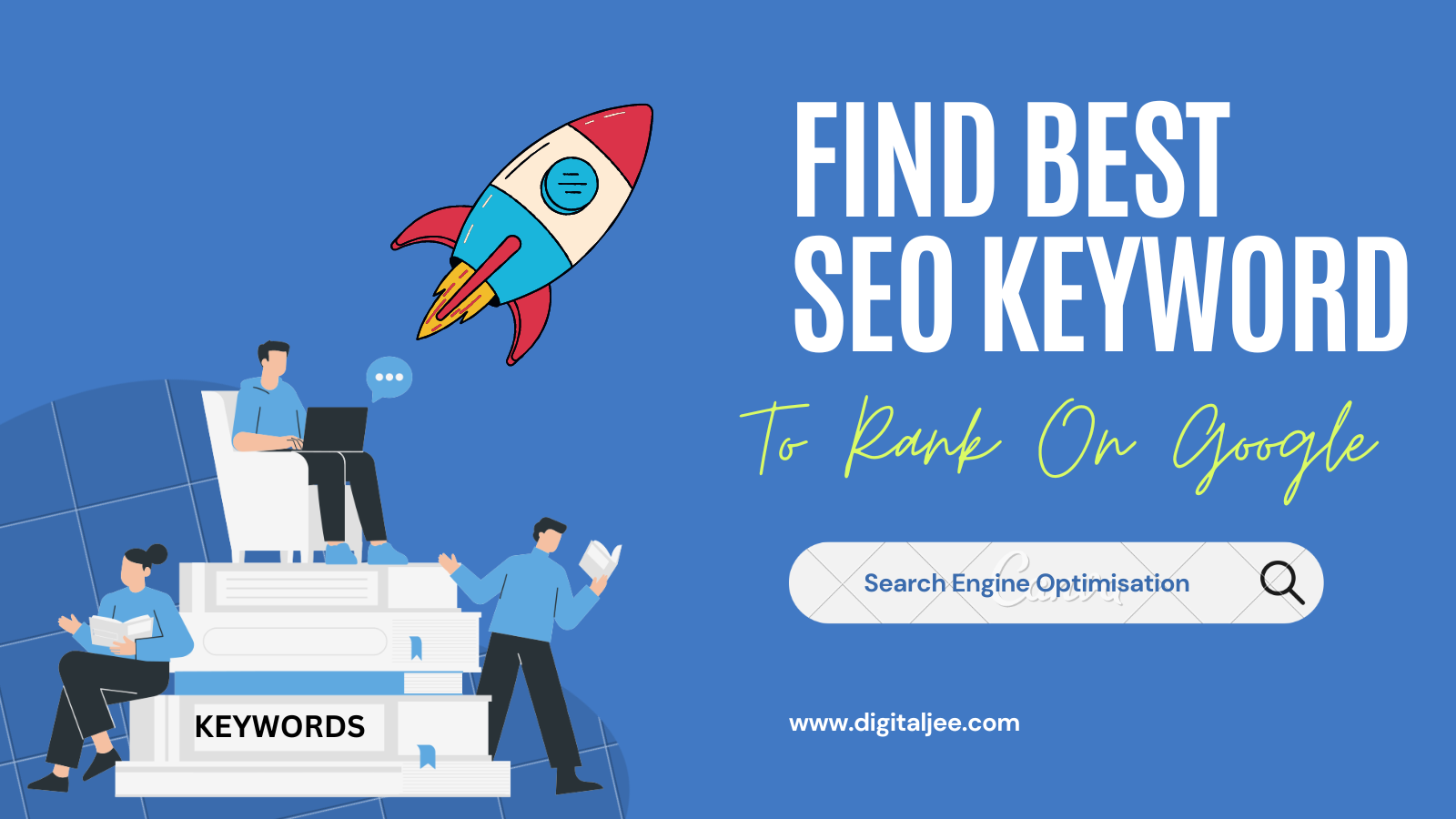As a website owner or digital marketer, you are always on the lookout for ways to improve your website’s search engine optimization (SEO). One of the most important aspects of SEO is ensuring that your website ranks well on Google’s search engine results pages (SERPs). In this article, we’ll explore some of the top strategies for boosting your website’s Google ranking.
Table of contents
Related Article For you: Top Tips for Optimizing Your WordPress Website for Better Performance Must Read
Focus on Relevant Keywords

One of the most important factors in improving your Google ranking is selecting the right keywords for your website. This means choosing relevant keywords that your target audience is searching for, and ensuring that they are included in your website’s content, meta descriptions, and page titles.
When selecting keywords, it’s important to think about the intent behind each search. For example, if you run a pet store, you might want to focus on keywords related to pet food, toys, and grooming supplies. By including these keywords throughout your website, you’ll be more likely to rank well for them on Google.
To Know more about SEO-friendly keywords click here. Here we have explained in detail about keywords and how you can find relevant keywords for your article.
Optimize Your Website’s Structure
Another key factor in improving your Google ranking is optimizing your website’s structure. This means ensuring that your website is easy to navigate, with a clear hierarchy of pages and a logical URL structure.
To optimize your website’s structure, start by creating a sitemap that outlines all of the pages on your website. This will help Google’s crawlers to understand the structure of your site and the relationships between different pages.
You should also ensure that your website’s pages are linked together logically, with navigation menus that make it easy for users to find what they’re looking for.
Improve Your Website’s Load Time

Google places a lot of emphasis on website load times, with faster-loading websites typically ranking higher in search results. To improve your website’s load time, start by optimizing your images and compressing your code.
You can also use tools like Google’s Page Speed Insights to identify any issues that might be slowing down your websites, such as large images or unoptimized code.
Build High-Quality Backlinks for Google ranking
Backlinks are another important factor in improving your Google ranking. A backlink is simply a link from another website to your website, and Google uses them as a way to determine the quality and relevance of your website.
If you want to build high-quality backlinks, start by drafting high-quality content that other website owners will want to link automatically. Or You can also reach out to other websites in your domain and request them to link to your content.
Create Engaging Content
Finally, one of the most important factors in improving your Google ranking is creating engaging, high-quality content. This means writing blog posts, articles, and other types of content that are informative, well-researched, and engaging for your target audience.
By creating great content, you’ll not only improve your Google ranking, but you’ll also build trust and credibility with your audience, which can lead to more traffic, leads, and sales.
Metadata: Google’s ranking

In addition to the strategies mentioned above, metadata is another important aspect of SEO that can help improve your website’s Google ranking. Metadata is simply data that provides information about other data, and it includes things like title tags, meta descriptions, and header tags.
Title tags are one of the most important types of metadata for SEO. They are the text that appears in the tab of your browser when you visit a website, and they also appear as the headline in search engine result pages. A good title tag should be descriptive, include relevant keywords, and be no longer than 60 characters.
Meta descriptions
Meta descriptions are another type of metadata that can help improve your Google ranking. They are brief snippets of text that appear under the headline on search engine result pages. A good meta description should be compelling, include relevant keywords, and be no longer than 155 characters.
Header tags are also important for SEO, as they help to structure your content and make it easier for search engines to understand. Header tags include H1, H2, H3, and so on, with H1 being the most important. A good H1 tag should include your main keyword and provide a clear description of the content on the page.
In addition to these types of metadata, other factors can impact your website’s Google ranking. For example, having a secure website (using HTTPS), having a mobile-friendly website, and having high-quality, relevant content are all important factors.
It’s worth noting that while metadata is important for SEO, it’s just one of many factors that can impact your website’s Google ranking. Ultimately, the most important thing you can do to improve your ranking is to create high-quality, engaging content that provides value to your target audience. By doing so, you’ll not only improve your Google ranking, but you’ll also build trust and credibility with your audience, which can lead to more traffic, leads, and sales.
Conclusion for your website Google ranking
In conclusion, there are many different strategies you can use to improve your website’s Google ranking. By focusing on relevant keywords, optimizing your website’s structure, improving your website’s load time, building high-quality backlinks, and creating engaging content, you’ll be well on your way to achieving higher rankings and driving more traffic to your website.

